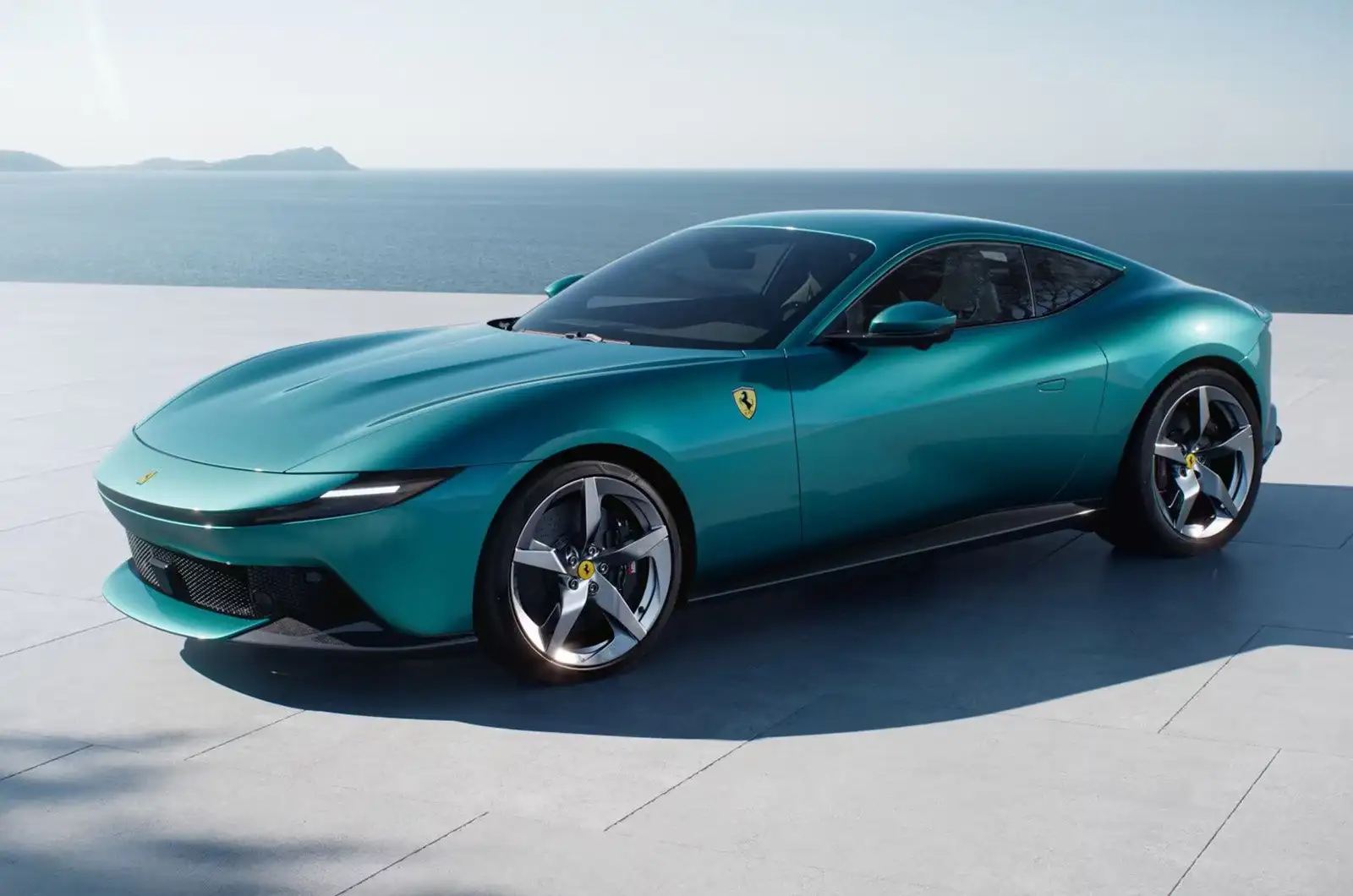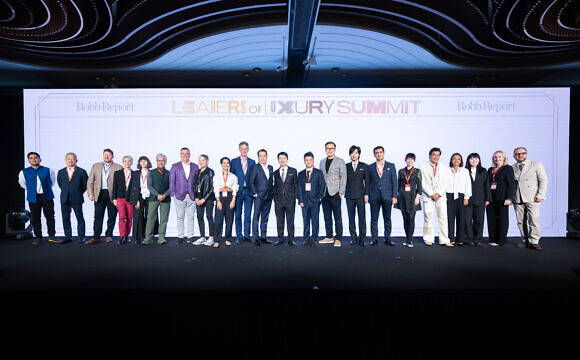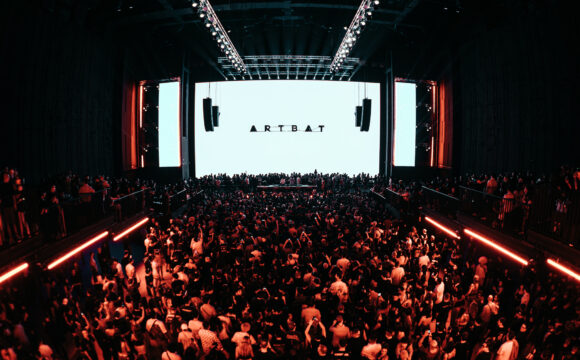Luxury at its core is about emotion.
Not specs. Not features. Not even heritage. It is about the feeling a brand creates and the desire that feeling ignites. Ferrari’s new Amalfi is not just a beautiful grand tourer. It is a reminder that in a world increasingly defined by technology, emotion still drives the essence of luxury.
Unveiled in July 2025, the Amalfi is Ferrari’s replacement for the Roma. But it is more than an evolution. It is a deliberate shift. While the industry accelerates toward electrification and touchscreens, Ferrari has gone in the opposite direction: back to the senses, back to the soul.
At first glance, the car is elegant and sculpted, more refined than aggressive. The classic long-hood, fastback proportions are unmistakably Ferrari, but the details are more poetic. The grille is gone, replaced with a seamless visor-like front that feels futuristic, yet rooted in Italian minimalism. The launch color, Verde Costiera, evokes the winding roads of the Amalfi Coast, reinforcing that this is not just a car. It is an experience.
Beneath its flowing bodywork lies a 3.85-liter twin-turbo V8 engine producing 631 horsepower. But numbers are not the story here. What matters is how it feels. The engine has been meticulously re-engineered to deliver more than performance. It delivers sound, response, and emotion. It is a reminder that the thrill of driving is not dead. It has simply been buried under too many layers of software.
Inside, Ferrari has done something few brands dare to do: they listened. The haptic controls that frustrated drivers in previous models are gone. In their place? Real buttons. Real tactility. A center console machined from a single piece of anodized aluminum. A digital display that supports and not replaces the experience. It is not retro. It is intentional. Ferrari understands that luxury is not about what is most modern, but what is most human.
This move is bold. The Amalfi arrives just months before Ferrari is set to unveil its first fully electric vehicle. In that context, this launch could have felt regressive. Instead, it feels visionary. Because what Ferrari has done is reassert a truth many in the industry have forgotten: luxury is not about change for the sake of change. It is about meaning. And meaning starts with feeling.
As luxury brands across categories rush toward innovation, often digital, often abstract, Ferrari’s Amalfi offers a crucial counterpoint. Progress that disconnects us from emotion is not progress at all. The future of luxury will not be won by those who automate the most. It will be won by those who understand how to make us feel.
Luxury clients today are more discerning than ever. They demand experience, authenticity, and emotional connection. This is the essence of my 4E of Luxury framework, Emotion, Engagement, Experience, and Exclusivity. It is no longer enough to deliver a product. Brands must deliver a feeling. Every interaction must be engineered to create desire. And desire cannot be coded.
Ferrari gets it. The Amalfi is not a nostalgia piece. It is a provocation. A statement that true luxury cannot be reduced to performance metrics or digital features. It must move us—literally and emotionally.
This is what so many luxury brands forget in their pursuit of relevance. Progress does not mean emotionless. Innovation does not mean clinical. Luxury is not about keeping up. It is about standing apart.
Ferrari has not just launched a car. They have issued a challenge: in a world rushing toward sameness, emotion is the ultimate differentiator.
Luxury brands should take note. Because if you are not building emotion, you are not building desire. And without desire, there is no luxury.
From the article by Daniel André Langer








